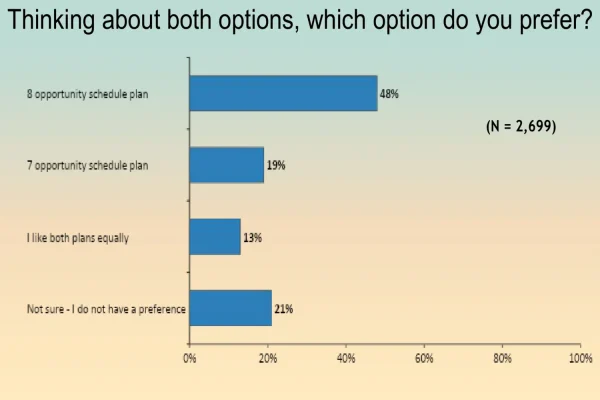Not the Time to Draw the Line
Virginia Democrats should use their newfound leverage for the greater good of the nation
March 11, 2020
In 2010, Republicans nationwide were swept into power. Anti-Obama sentiment was high, the Tea Party had peaked and Democrats who traditionally voted stayed home for the midterms. As a result, the House of Representatives granted the GOP over 60 new seats, bringing them into the majority, in conjunction with a six-seat Republican gain in the Senate, including a seat that hadn’t had a Republican in it since Reconstruction. But this national swing wasn’t truly the most consequential election-it was in the individual states.
After votes were tabulated, 20 chambers, excluding gubernatorial seats, switched hands from Democratic to Republican. Republicans netted an additional six seats to their total. With this sudden, unexpected power that opened up at the turn of the decade, political chaos ensued. Utilizing modern technology through the REDMAP program (short for the Redistricting Majority Project), the GOP spent 30 million USD to complete the most severe gerrymander the United States had ever seen.
Democrats, caught flat-footed by REDMAP, were only able to draw 11% of US House districts. Republicans drew 55%, all gerrymanders, while the rest, mostly from Democratic-majority states, were drawn fairly by nonpartisan commissions. Countless state legislature seats were strategically drawn to elect Republicans as well, creating a model through which they could perpetually stay in the majority.
It soon became clear that this expensive passion-project of the Republicans had worked: in 2012, despite winning more votes for Democratic candidates nationwide, Republicans maintained a 33-seat majority in the House of Representatives. An entire generation of Democratic leaders was obliterated, emptying their bench of potential candidates. Statehouses such as Michigan, Wisconsin, and Pennsylvania have seen almost comically large discrepancies between the state wide popular vote and actual seat totals in these GOP gerrymanders as of late, costing Democrats control of multiple chambers. This system is truly non-demonstrative of a democracy.
In a close 5-4 Supreme Court decision, the 2019 case Rucho v. Common Cause upheld the concept of partisan gerrymandering under the pretense that the Constitution does not empower the courts to handle such issues. With the courts and federal government powerless, the only path to a final end to gerrymandering may be a constitutional amendment. However, such amendments require 37 of 50 states’ signatures, with no regard to the actual population. This creates a dilemma. Many of the smallest states in the US are heavily Republican and thus oppose the removal of gerrymandering, mostly due to the unearned clout their party gains on the federal level due to it. The only way to force these states to a deal would be to make gerrymandering hurt the GOP.
In the 2020 legislative session in Virginia, a proposed state constitutional amendment sits on the docket. Passed overwhelmingly by the previous legislature, should it pass the new General Assembly, the bill, which would effectively outlaw gerrymandering in the state, will stand before voters in November 2020, where it will surely overwhelmingly pass.
Democrats, with their newfound power, have kept their campaign promises to pass the amendment so far. They shouldn’t. With Democrat-drawn lines, the state could easily send an additional two Democrats to Congress, including one from Albemarle County. This would secure the three vulnerable existing seats in the 2nd, 7th, and 11th districts from falling into GOP arms. Yes, gerrymandering is wrong and immoral, but the only way to get rid of it is if Democrats gerrymander so aggressively that fair districts would benefit the GOP. Only then would they fold to a Constitutional amendment. For the sake of future voters in Virginia, and across the entire nation, Virginia should do some short-term harm for the greater good and stop the anti-gerrymandering amendment in its tracks. Hopefully, if other states do the same, 2022 will see a Congress sickened enough with their actions that they will promote change.























